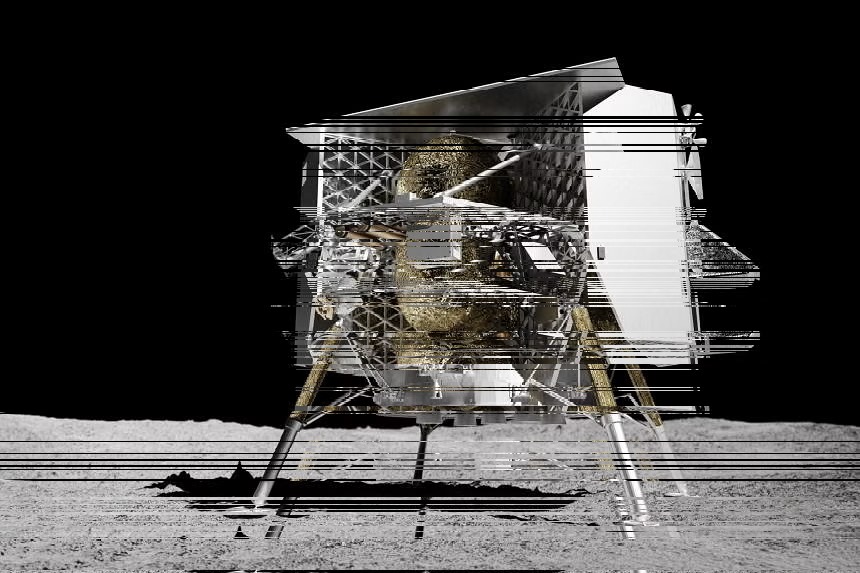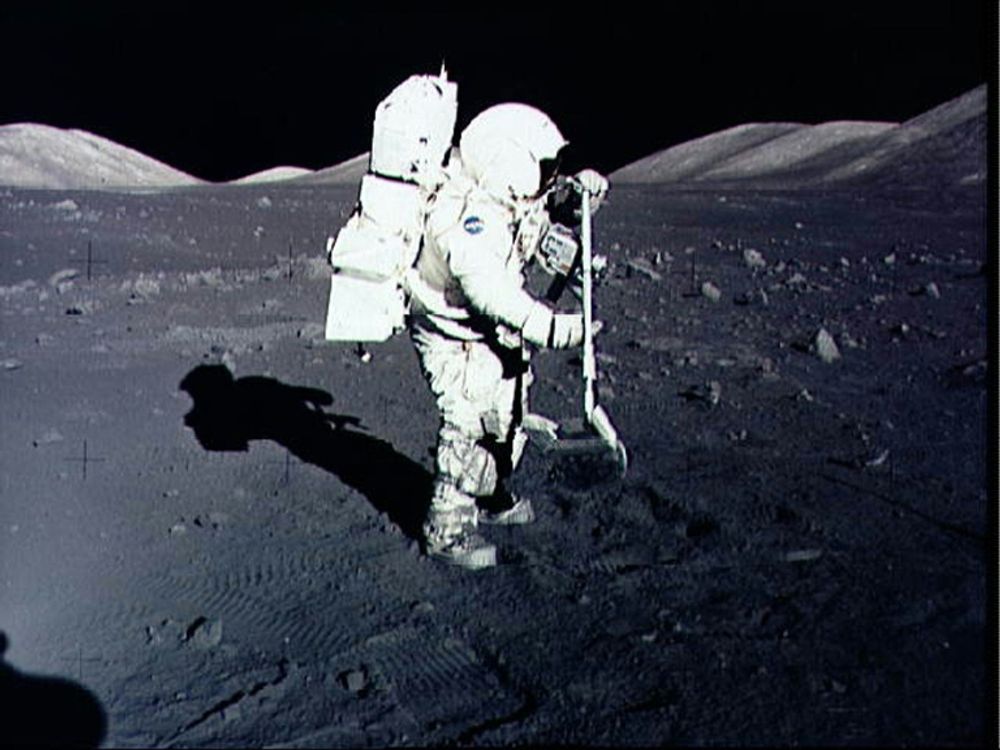The United States will attempt to land a craft on the Moon again on January 25, more than 50 years after the final Apollo mission, according to the head of what could be the first private business to touch down on the lunar surface safely.
There will be no one on board the Peregrine lander. It was created by the American company Astrobotic, whose CEO, John Thornton, stated that it would carry NASA instruments to examine the lunar environment before NASA's Artemis manned missions.

NASA chose a program called CLPS a few years ago to commission US companies to transport scientific experiments and technologies to the Moon.
Did you read this?
These fixed-price contracts should allow for the development of a lunar economy and the provision of lower-cost transport services.
"One of the big challenges of what we're attempting here is attempting a launch and landing on the surface Moon for a fraction of what it would otherwise cost," Thornton said at a press conference at his company's Pittsburgh headquarters on Wednesday.
"Only about half of the missions that have gone to the surface of the Moon have been successful," he told reporters.
"It's certainly a daunting task." At every stage of this, I'm going to be afraid and thrilled at the same time."

The debut launch of the new rocket from the ULA industrial company is slated for December 24 from Florida.
According to Thornton, the probe will take "a few days" to reach lunar orbit but will have to wait until January 25 to attempt landing since light conditions at the target spot are not optimal.
The drop will occur independently, without human assistance, but will be observed from the company's command center.
The Japanese start-up space attempted to become the first private firm to land on the Moon in the spring, but the mission failed. In 2019, Israel also experienced a setback. Only the United States, Russia, China, and, most recently, India have successfully landed on the Moon.

In addition to Astrobotics, NASA has secured contracts with Firefly Aerospace, Draper, and Intuitive Machines.
The latter is scheduled to launch in January aboard a SpaceX rocket.
"NASA leadership is aware of the risks and has accepted that some of these missions might not succeed," said Chris Culbert, CLPS program manager.
"But even if every landing isn't successful, CLPS already had an impact on the commercial infrastructure needed to establish a lunar economy," he added.
NASA's Artemis program aims to create a base on the Moon's surface.









